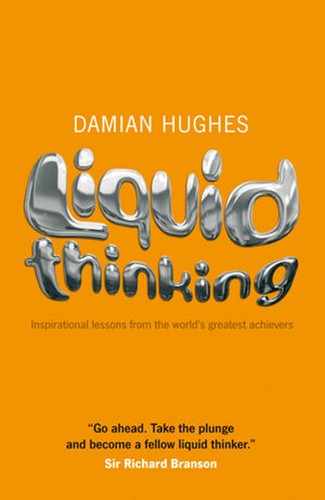"If you wish to know your past life, look to your present circumstances. If you wish to know your future life, look to your present actions." | ||
| --BUDDHIST SAYING | ||
Two factors determine how you spend your time. There are the things that are classed as urgent ("I must do it and I must do it now!") and there are things that are classed as important: actions that contribute towards your goals. When you know this, you can start to allocate your time and activities into four main categories:
Fire fighting (activities that are urgent and important).
Fire prevention (activities that are important).
False alarms (activities that are urgent).
Fire escapes (activities that are neither urgent nor important).
Let's look at each area in detail, as this will help you to plan your time better and assist you in achieving the goals you have identified.
When you are fire fighting you are reacting to the world around you, like when the phone is always ringing, or your boss is angry and demanding action, or the production lines are always going down, or the kids are crying.
If this sounds familiar and you think you are spending a lot of your time in this area, it is likely to be because you are not prioritising effectively.
By the way, if you think this is your preferred style of operating, just ask yourself: how many fires are you responding to and how many fires are you actually responsible for starting? Some of the best fire fighters are also the best arsonists, as they enjoy the feeling of always being active and available to help. The question is whether you are putting your energies into the right areas, those that contribute to your goals.
The more time you spend preventing fires, the less time you have to spend fighting fires and dealing with urgent and important issues. This is because you are planning, training, innovating and heading problems off before they become raging infernos. These issues don't depend on you getting involved and tackling them. You have to act first, to anticipate and solve them.
A great example of this is given in Sir Clive Woodward's book Winning!. He writes about the last seconds of England's World Cup win and he studies every pass, every move and every thought the players took in those crucial, dying seconds of the 2003 Final. He was able to identify every area of innovation, practice and planning that he and his coaching team had adopted over the previous six years, in anticipation of that very moment when Jonny Wilkinson kicked the winning points.
He didn't wait until he was in the heat of the moment or decide to leave anything to chance. Instead, he deliberately spent a large amount of his time in the "fire prevention" box and had accounted for every possible eventuality, including the requirement of a last-second winner!
One great example of fire prevention was Sir Clive's introduction of a training method that he called T-CUP (Total Control Under Pressure). This is a technique that is taught to the elite soldiers of the SAS. Woodward had noticed that when the team failed to win their previous three Grand Slam matches, the players had lost all composure and control when they were chasing the game and they had reverted to a style that wasn't their normal approach and that played straight into the hands of their opponents.
T-CUP training involved putting his players in pressurized situations and then teaching them how to handle their own emotions and not to panic. In convincing his players of the benefits of this kind of coaching, he delivered a perfect example of prioritization.
He explained this by starting from the players' goal, which was to win the World Cup. If they lost control, they would lose their discipline. If they lost their discipline, they would lose penalties. If they lost penalties, they would lose points. If they lost points, they would lose games. If they lost games, they would lose the World Cup. When he explained it in these terms, the players all understood why they had to prioritize.
False alarms are deceptive. Although they feel like you're fire fighting, you aren't. Events here feel as though they are urgent because of the noises of emergency and panic that people make. But on closer inspection, you find that the problem is usually a matter that is urgent to them alone.
